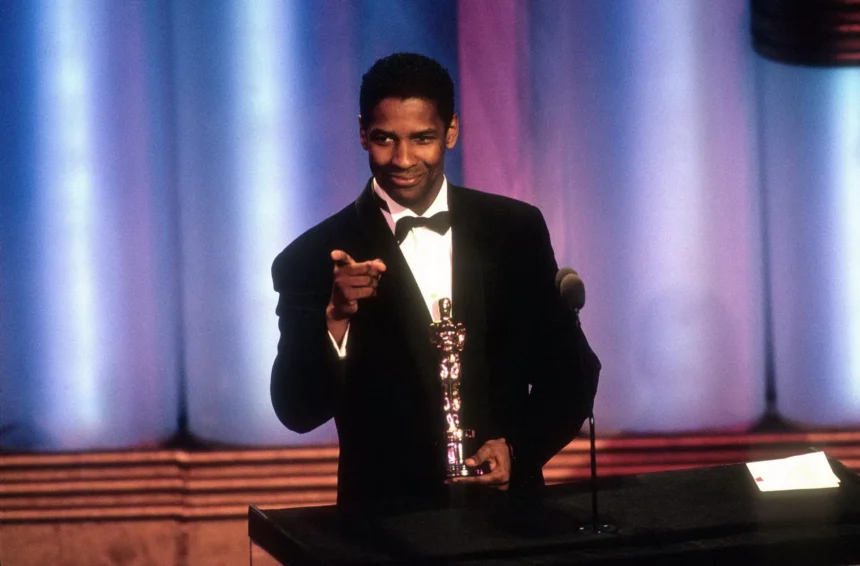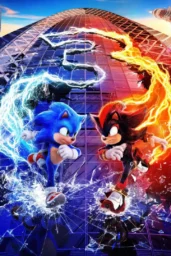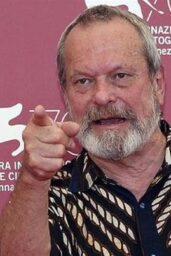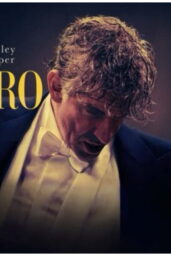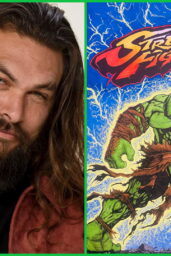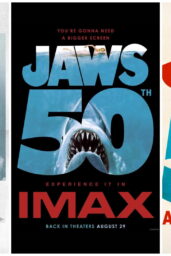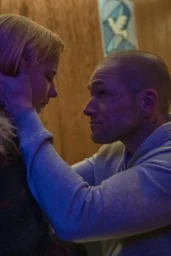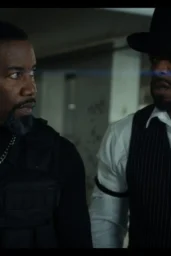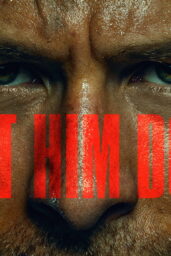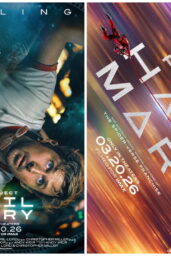In 1990, Washington earned the Best Supporting Actor Oscar for his searing portrayal of Private Trip in the Civil War drama Glory. The win cemented his status as a rising star, but Washington now describes it as a mixed blessing. Reflecting on that period, he remarked, “Winning an Academy Award led to some bad movies, because it became about, ‘Now you make this kind of money…' My agent wanted me to be a leading man or an action star or whatever it was, and I had bills.”
Though he didn't specify which films he regrets, it's easy to speculate based on his career trajectory in the 1990s. Projects like Ricochet, Virtuosity, Fallen, and The Bone Collector leaned heavily into action and suspense, genres that often prioritize commercial appeal over artistic depth. While these films showcased Washington's undeniable charisma, they arguably lacked the layered complexity of his later work.
A Course Correction
Washington's second Oscar win, for his electrifying performance in Training Day (2002), marked a turning point. Since then, he has become increasingly selective, collaborating with visionary directors like Ridley Scott, Antoine Fuqua, and Spike Lee. His focus has shifted toward projects that resonate deeply with his artistic sensibilities. In the ScreenDaily interview, Washington shared, “I only want to work with the best, and there are only so many roles… I talk to [directors like Ryan Coogler and Steve McQueen] because I'm curious and want to learn from them as filmmakers.”
Washington's passion for storytelling extends beyond acting. His work as a producer includes adapting August Wilson's Century Cycle plays for Netflix, a project he describes as a labor of love. The latest installment, The Piano Lesson (2024), directed by his son Malcolm, underscores Washington's commitment to nurturing new voices while honoring his artistic roots.
Future Projects and Legacy
Next on Washington's slate is Ridley Scott's Gladiator II, a film already generating Oscar buzz thanks to its powerhouse cast and Scott's pedigree. Washington's admiration for Scott is evident: “Ridley is my hero because he's addicted to working; it's not pressure for him but adrenaline. I want to feel that way as a filmmaker, and give 1,000% of myself to whatever it is I'm doing.”
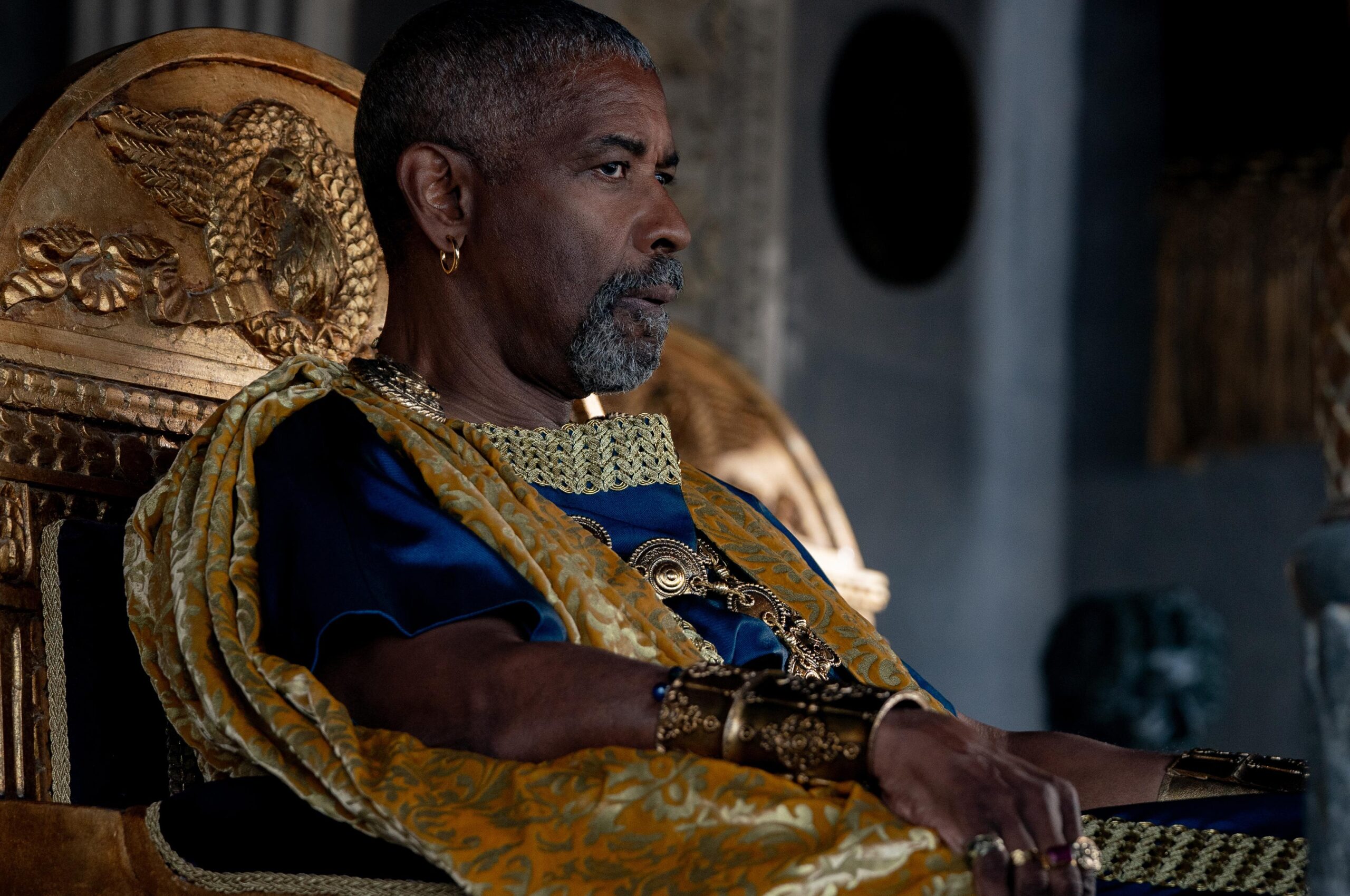
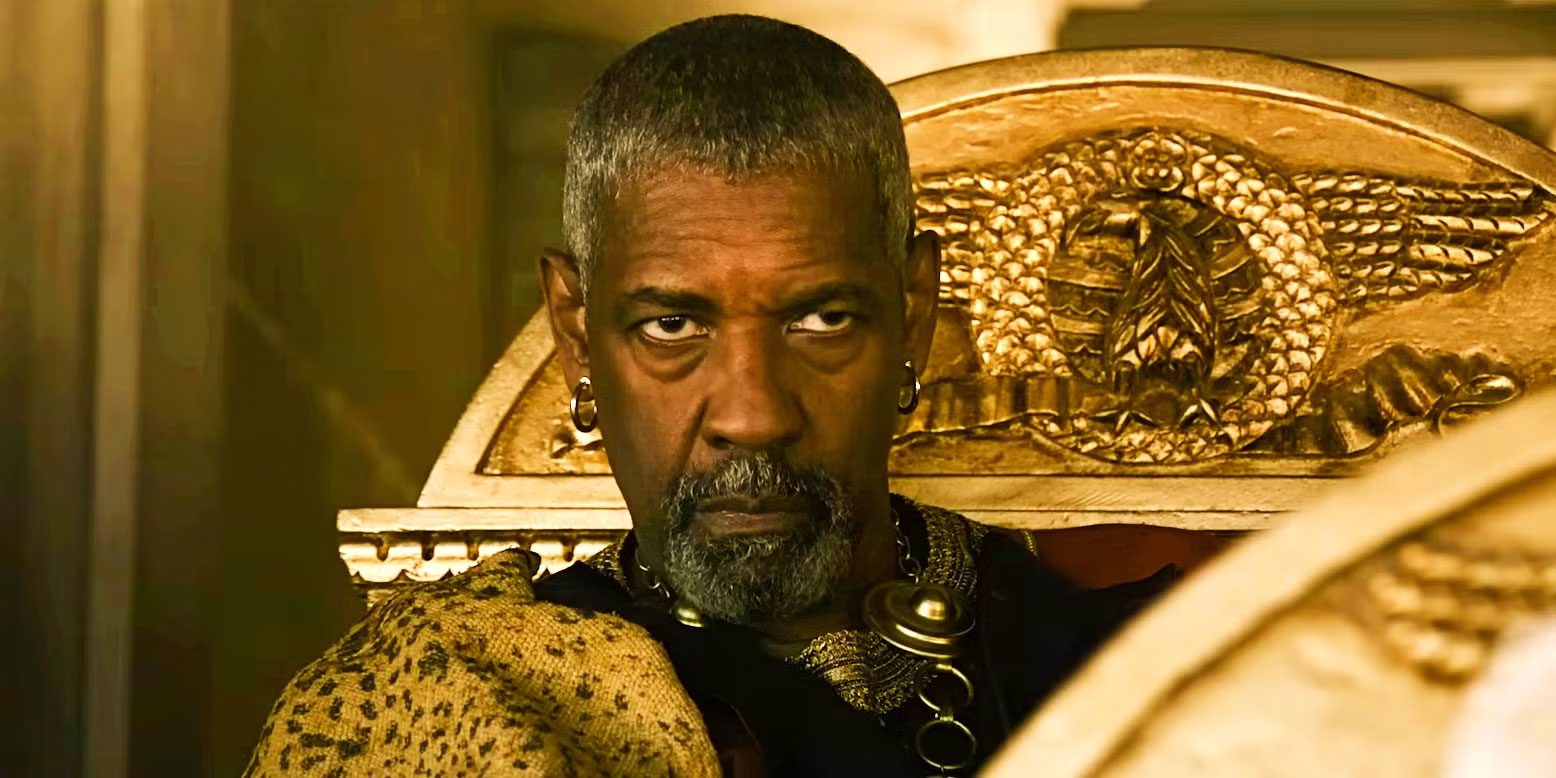
Washington will also star in Spike Lee's Highest 2 Lowest, a reinterpretation of Akira Kurosawa's classic High and Low. This collaboration reaffirms his enduring partnership with Lee, whose films often provide a platform for Washington to explore morally complex and socially resonant themes.
Personal Impressions: Denzel Washington's career is a testament to resilience and reinvention. His candid acknowledgment of missteps following his early Oscar win adds depth to his already towering legacy. It's rare for a star of his stature to admit vulnerability, and that honesty only enhances his reputation as a consummate artist. Washington's current trajectory—collaborating with luminaries like Ryan Coogler and Ridley Scott while championing underrepresented voices—shows that his best work may still lie ahead.
Do you agree with Denzel Washington's perspective on the impact of awards on an actor's career? Can early success hinder long-term growth? Share your thoughts in the comments below!

